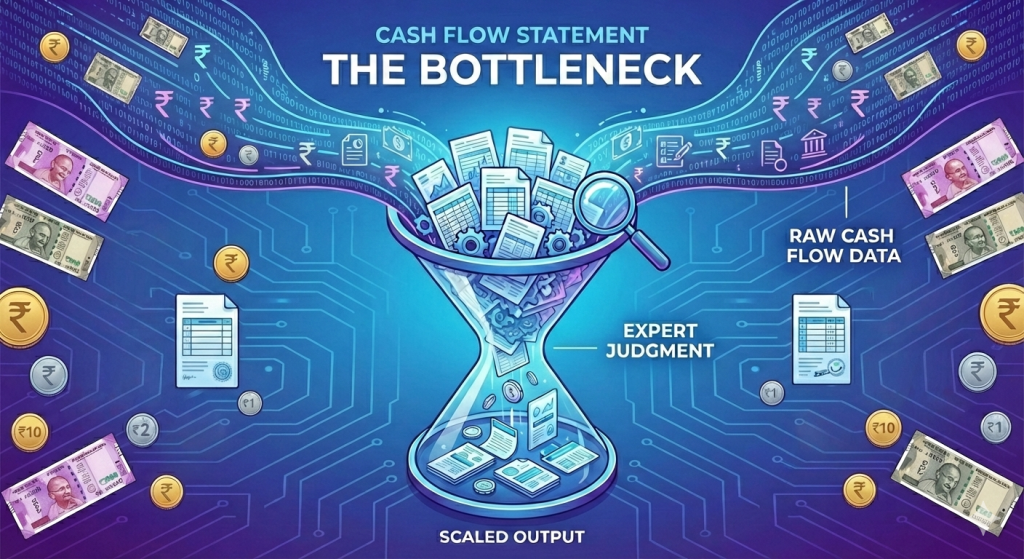Babu appeared irritated.
He was the project manager in a large Systems Integrator, who had successfully grown a new
relationship – that started as a 4 person project, to a 50 person team.
His approach had been to work closely with his customers, anticipate their needs and propose solutions
proactively.
Adopting Agile approaches helped him and his team stay close to the customer and achieve a high
degree of satisfaction.
All this had happened in a span of less than six months – and the customer was now willing to consider a
larger share of their planned work for Babu’s team.
His manager now wanted an attractive looking dashboard to be included as a sample in the proposal to
be submitted and had suggested a bunch of metrics that should be included.
Babu’s position was that Agile is all about making the working product available as early as possible and
there is no need for any ‘metrics’.
Sundar, the Agile coach wanted to help Babu in this situation.
How can you help Sundar convey the key messages on the importance and usefulness of metrics in Agile
projects?
Suggested Solution:
First, I would ask Sundar to suggest to Babu to read this
Next, use an analogy to explain the concept.
Data discipline is one of the two core disciplines that are needed for the success of an Agile project. The
other being Time discipline. [more on that sometime later]
Scorecards displayed in sports matches – cricket, tennis, table tennis etc – are not just for the
spectators.
If that was the only intended use, it may be cheaper and faster to have distributed displays of the
scores, across the stadium or just have them get the scores on their mobiles.
But the other key purpose that these boards serve is to give real time updates to both the teams, so that
they can dynamically refine their strategy for the match.
Metrics tend to degenerate if they are just created for others without understanding the intent or
possible inferences and actions that could be derived.




